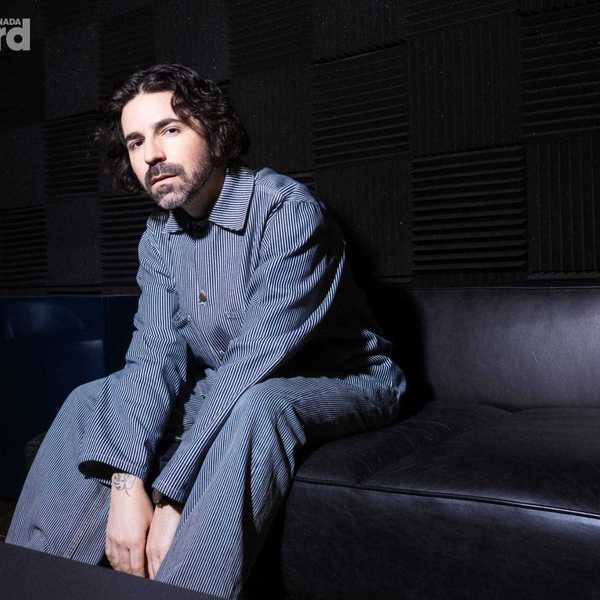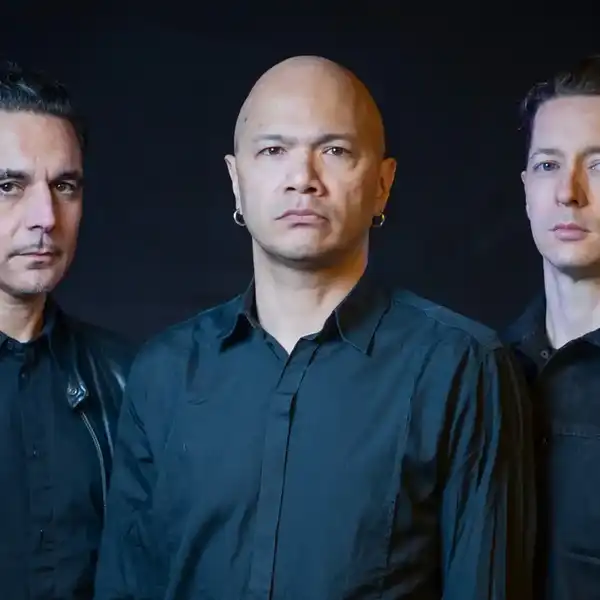Influential Indie Record Labels Band Together to Form the Organization for Recorded Culture and Arts
During a turbulent time in the music industry, 14 indies from around the globe have founded the new think tank, ORCA, including Sub Pop, Secretly Group, Beggars Group, Canadian label Secret City Records and more.

Some of the world's biggest indie labels are coming together around a common cause.
Fourteen independent record labels from around the globe, including Canadian label Secret City, have founded a new music think tank, the Organization for Recorded Culture and Arts (ORCA). The organization launched today (July 17) with a first report, Setting The Stage, laying out the basics of the industry's economy.
ORCA arrives amidst a turbulent time in the industry, as artists and music businesses adapt to the streaming economy, the unfolding impacts of AI, and the challenges of inflation. The organization's goal is to research and demonstrate music's "economic power" as a contributor to both economic development and social well-being.
Founding members include grunge pioneer Sub Pop, Secretly Group (Mitski, Phoebe Bridgers) and Domino (Alex G), as well as international labels like Madrid's Everlasting Records and Stockholm's Playground Music.
"I love being involved in things that push the industry forward," Justin West of Quebec label Secret City tells Billboard Canada.
Though their local and national regulatory landscapes are different, ORCA's labels share common values, as well as operating in an increasingly globalized industry.
"Even the smallest independent label is really a global entity today," adds West, who is on this year's edition of Billboard Canada's Power Players list.
That globalization brings new opportunities and hurdles for indie labels when it comes to breaking an artist.
"Everybody is feeling the challenge of a very noisy global music economy," West explains. "There's no magic bullet anymore — not that there was necessarily, but there were things that really moved the needle in certain areas. I think what we're finding today is that there's less and less of those things and it's more about overall audience building, overall strategy, with a lot of spokes in the wheel."
Identifying The Indie Approach
Setting The Stage articulates how music circulates in a global economy, as well as what makes indie labels unique.
Developed with the Center for Music Ecosystems — a non-profit that also acts as ORCA's secretariat — the report is geared towards policymakers and government bodies, not industry members, outlining for outsiders how the industry functions and where revenue is generated.
The report emphasizes that indie labels take measured risks on artists, with a view towards longer-term career development. Unlike the majors, indie labels can't afford large short-term investments. They aim to grow alongside their artists.
Secret City's relationship with Montreal singer-songwriter Patrick Watson is used as a case study: Watson's career growth enabled the label to expand, and vice versa.
“The global music ecosystem does not thrive simply based on individual recordings or songs, but requires the development of artists at multiple scales who capture the imagination of audiences and trigger benefits across the full industry," the report states.
It also identifies indie labels as responsible for 40% of global music revenues.
West says ORCA's hope with Setting The Stage is to provide a helpful explainer for policymakers who might not understand how the industry functions today and what makes it so valuable. Though the report doesn't offer particular policy recommendations, ORCA's research will act as the evidence base from which indie music associations like CIMA and A2IM can build their advocacy.
If the report avoids concrete policy options, it is clear about problem areas in the industry. Although the industry as a whole is growing, the researchers write, the benefits are concentrated amongst the biggest players, despite the fact that there's more mouths to feed.
ORCA will take an evidence-based approach to that value shift, making the case for music's worth.
"The way music is valued needs to evolve to benefit more artists and workers and, in doing so, amplify its impact on society as a whole," the report states.

















